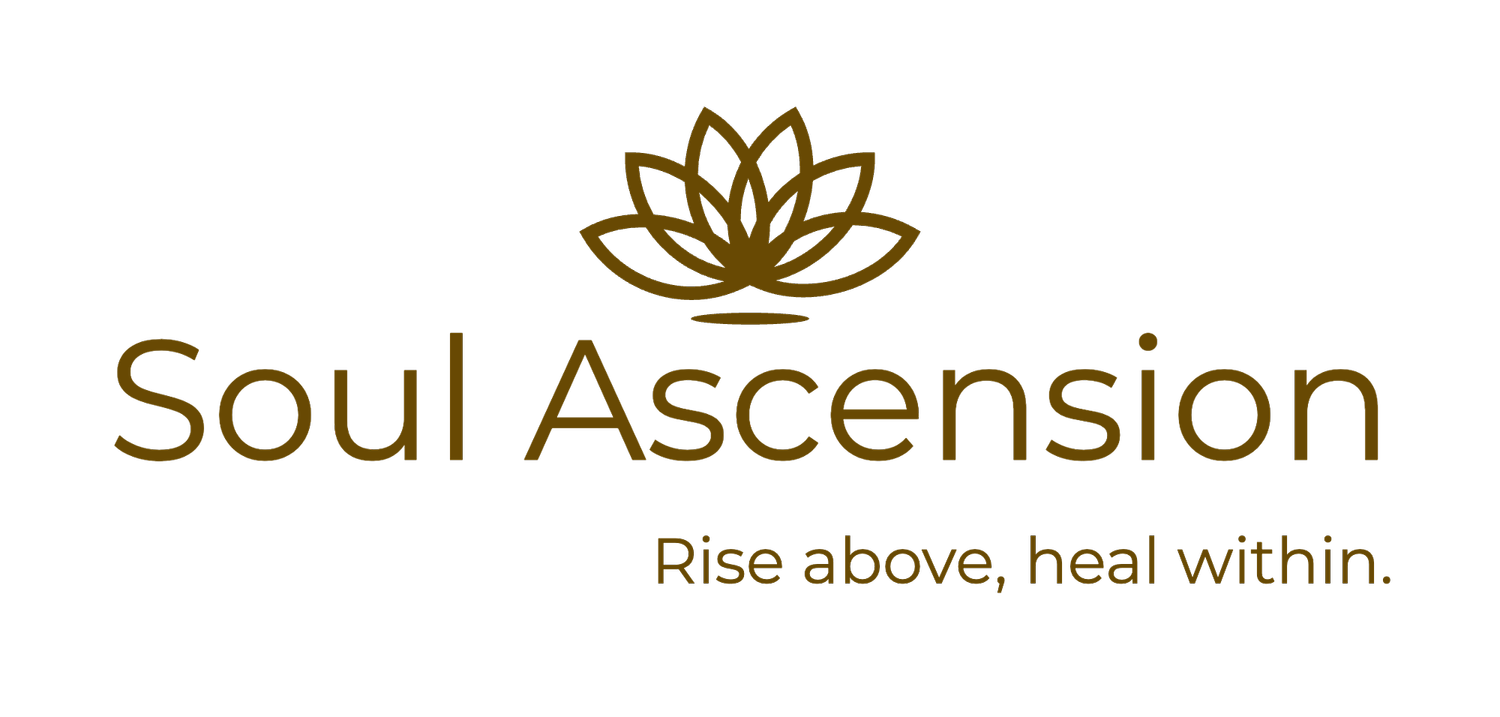
What Jealousy Is Trying to Tell You About How to Live Your Life
Explore jealousy as information rather than a flaw a flaw. In this post, I explore how jealousy reveals your deeper desires, shows you what’s possible, and can guide you toward a more aligned and abundant version of your life when you learn to decode it with compassion instead of shame.

What January Taught You (Even If You Think You Failed Your Goals)
If January didn’t go the way you hoped, it doesn’t mean you failed. This post breaks down what the month actually taught you about capacity, emotional patterns, alignment, and how to adjust your goals before February.
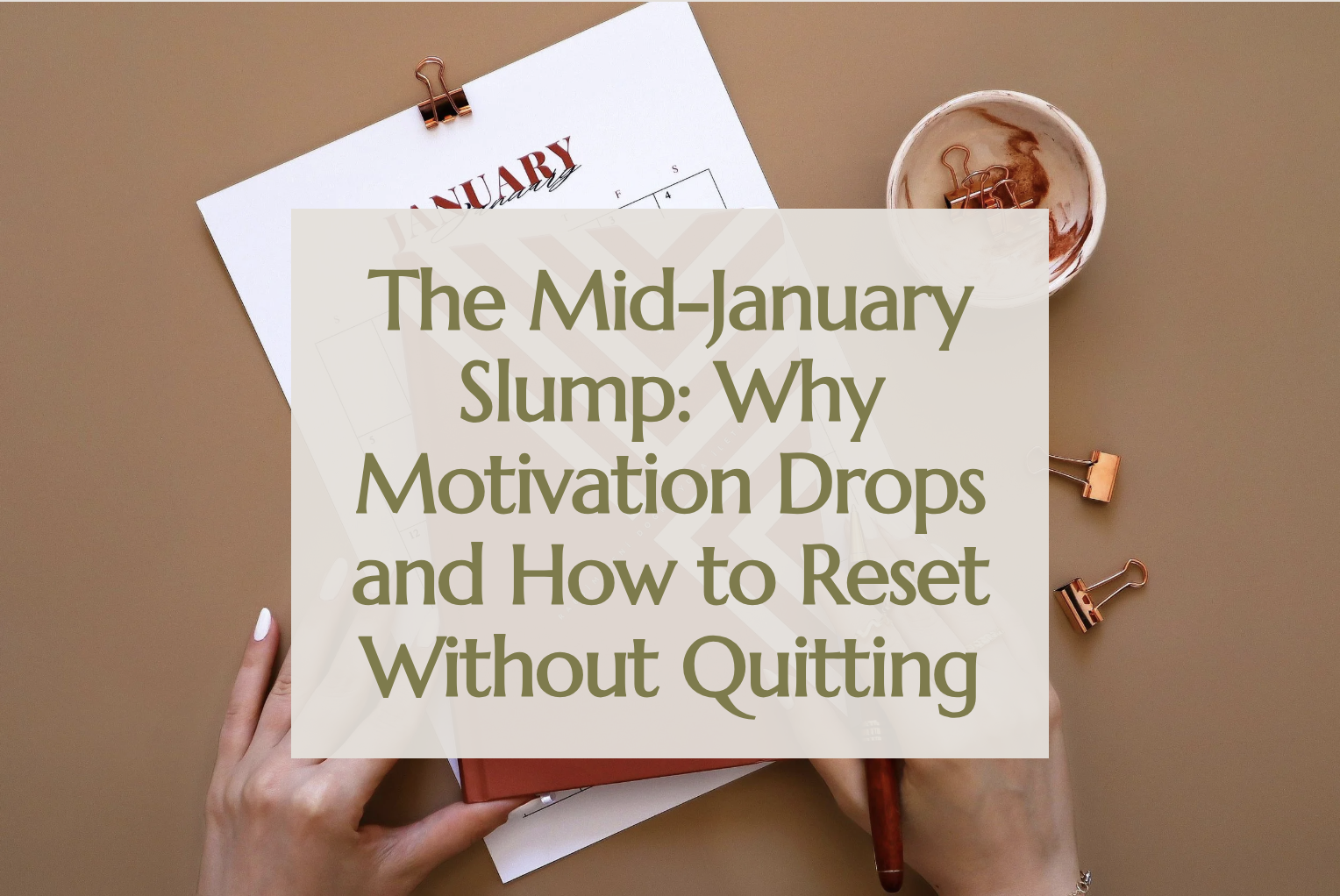
The Mid-January Slump: Why Motivation Drops and How to Reset Without Quitting
If your motivation is dropping by mid-January, you’re not alone. This post explains why momentum fades, how your nervous system impacts habit change, and simple resets to get back on track without starting over.
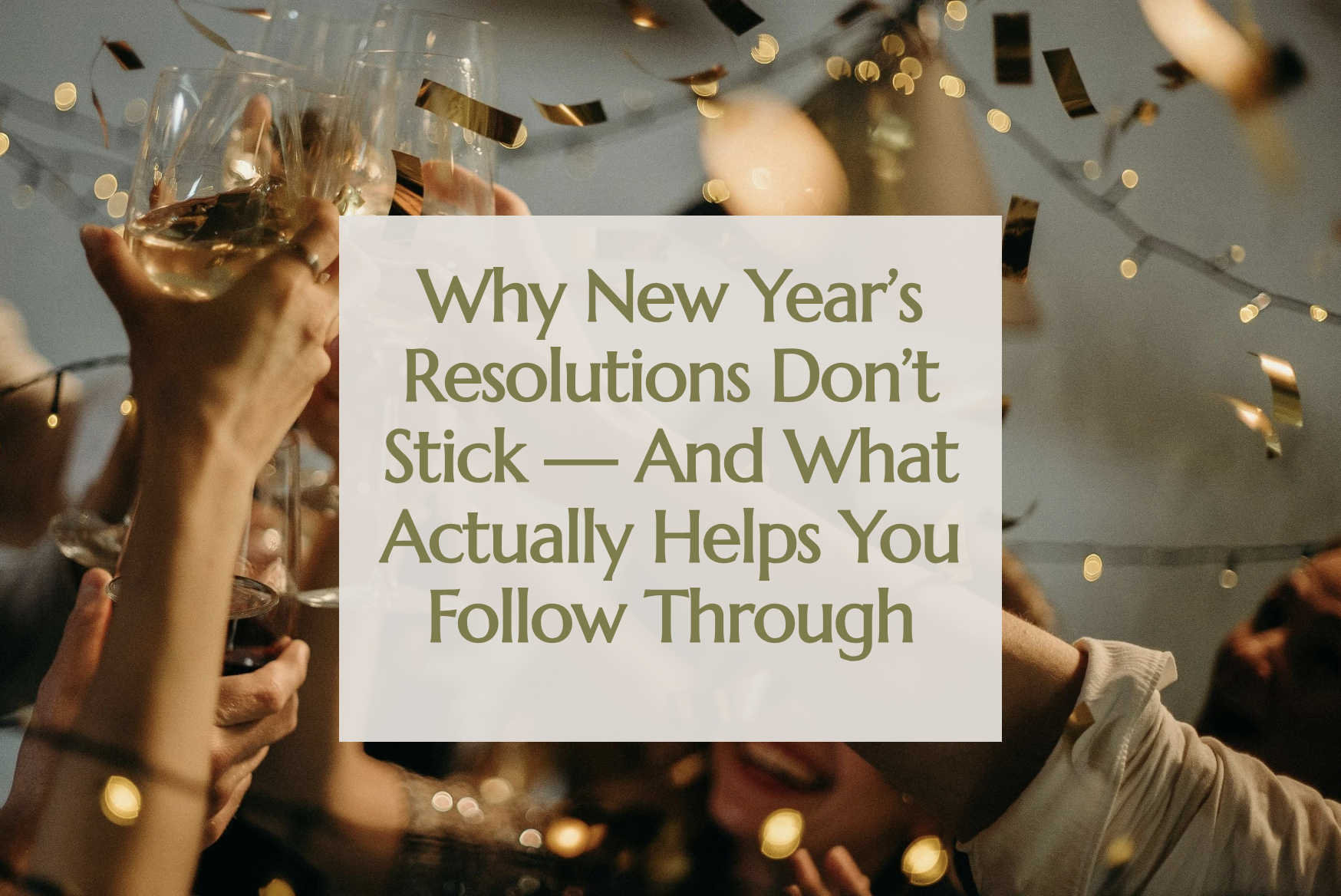
Why New Year’s Resolutions Don’t Stick — And What Actually Helps You Follow Through
Most New Year’s resolutions fall apart because they rely on pressure instead of alignment. This post explains why motivation fades, how your nervous system impacts habits, and what neuroscience says actually helps us sustainably achieve follow-through.

The Gift You May Have Needed But Never Received
The holidays often reveal the emotional gaps we grew up with. This post explores why old wounds resurface and how to give yourself the love, safety, and stability you may have never received as a child.

Holiday Triggers & How to Stay Grounded When Old Patterns Come Up
The holidays can activate old emotional patterns, family triggers, and nervous system overwhelm. This guide from explains why it happens and gives you simple grounding tools to stay centered, calm, and connected to yourself through the season.

What Gratitude Teaches Us About Letting Go
Thanksgiving isn’t just about food and family, it’s about reflection, gratitude, and release. This blog explores how to practice true gratitude by letting go of what no longer serves you. Learn how to honor your growth, find beauty in endings, and move forward with presence and peace. Whether this season feels warm or complicated, these reflections will help you reconnect with yourself and approach the holidays with authenticity and grace.

The Productivity Trap: Why Doing More Isn’t Always Better
If you’ve ever felt like you’re pushing a boulder uphill trying to “do it all,” this one’s for you. In this post, I explore how the productivity trap convinces us that worth equals output, and how to finally break free. You’ll learn practical steps to realign your energy, redefine success, and find peace in doing less, with more intention.

Emotional Hoarding: What Happens When You Don’t Let Go of the Past
We all have emotional clutter; old pain, regrets, “what-ifs,” and stories we’ve outgrown. This blog explores the concept of emotional hoarding: holding onto unresolved emotions that keep you stuck in the past. You’ll learn how to recognize the signs of emotional buildup, understand why letting go feels scary, and discover practical tools for emotional release.

Why Overthinking Feels Productive (But Secretly Keeps You Stuck)
Do you replay every possible outcome in your head before making a decision? You’re not alone. This post explores how overthinking gives the illusion of control while quietly draining your energy, delaying growth, and disconnecting you from intuition. Learn how to break the overthinking loop, rebuild self-trust, and turn fear into action so you can create abundance and peace in your life again.

Facing Our Inner Monsters: What Halloween Teaches Us About Fear and Growth
Halloween reminds us that some of the scariest things aren’t ghosts or ghouls but our own fears and patterns. In this post, I share how fear can become a compass for growth, how to move through discomfort with compassion, and why real courage is about being honest, not fearless.

The Shadow Side of Positivity: When “Good Vibes Only” Becomes Toxic
Positivity isn’t always positive. When “good vibes only” dismisses your reality, it becomes toxic. In this post, I break down what toxic positivity is, why it’s harmful, and how to reframe it into authentic positivity that makes room for honesty, healing, and real resilience.

How to Be Your Own Safe Space (In a World That Feels Unsafe)
When life feels chaotic, safety can seem impossible to find, but true safety starts within. In this post, I share why our nervous systems stay stuck in survival mode and how to build inner stability with tools that calm anxiety, restore trust, and create space for abundance.

The Cost of Avoidance: How Much Energy Are You Wasting by Not Facing It?
Avoidance might feel like relief in the moment, but it robs you of energy, opportunities, and connection. In this post, I break down the hidden costs of avoidance, why your brain defaults to it, and simple strategies to face what you’re avoiding so you can move from procrastination to peace.

From Reactivity to Abundance: Managing Anger in Work, Love, and Life
We’ve all had those moments: the email you regret, the door you slam, the words you wish you could take back. Anger and impulsivity can feel powerful in the moment but leave wreckage behind. This post explores how anger, when managed with intention, isn’t the enemy but a messenger. Learn how to reframe your impulses, practice the pause, and channel raw emotion into abundance in relationships, careers, and everyday life.

The Art of Rest: Giving Yourself Permission to Slow Down
High achievers often see rest as wasted time—but what if rest was the key to your success? In this post, we’ll explore how to reframe your relationship with rest, practice intentional downtime, and discover why doing “nothing” might just be your most productive strategy.
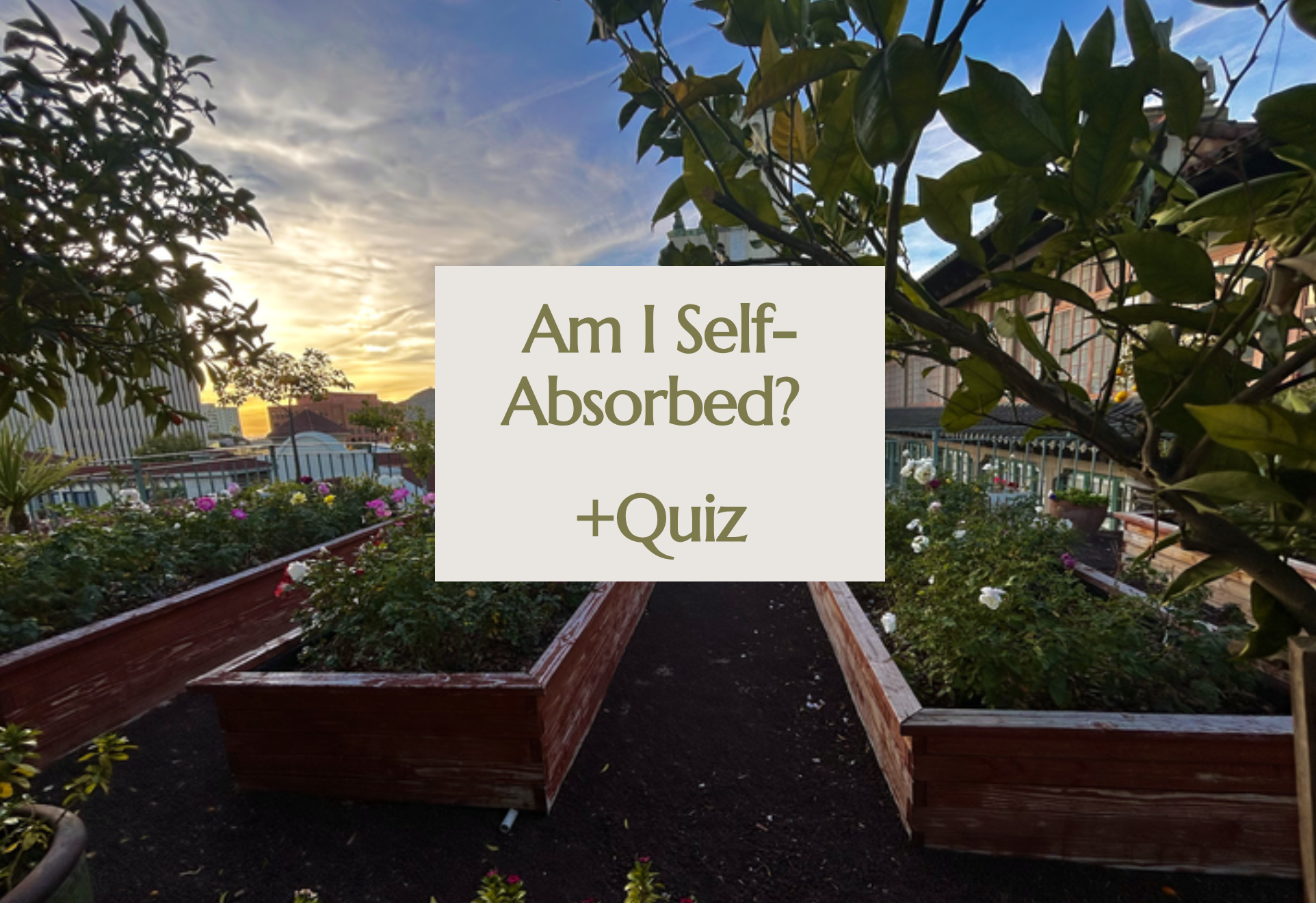
Are You More Self-Absorbed Than You Thought? | Self-Awareness, Self-Sabotage, and Personal Growth Quiz
We all know that one self-absorbed person… but what if it’s secretly you? This blog breaks down the sneaky ways vanity shows up in everyday habits, like overthinking, people-pleasing, or replaying conversations, plus a 20-question quiz to test your own patterns. Learn the difference between healthy self-awareness and self-absorption, and how to shift back into growth, connection, and balance.
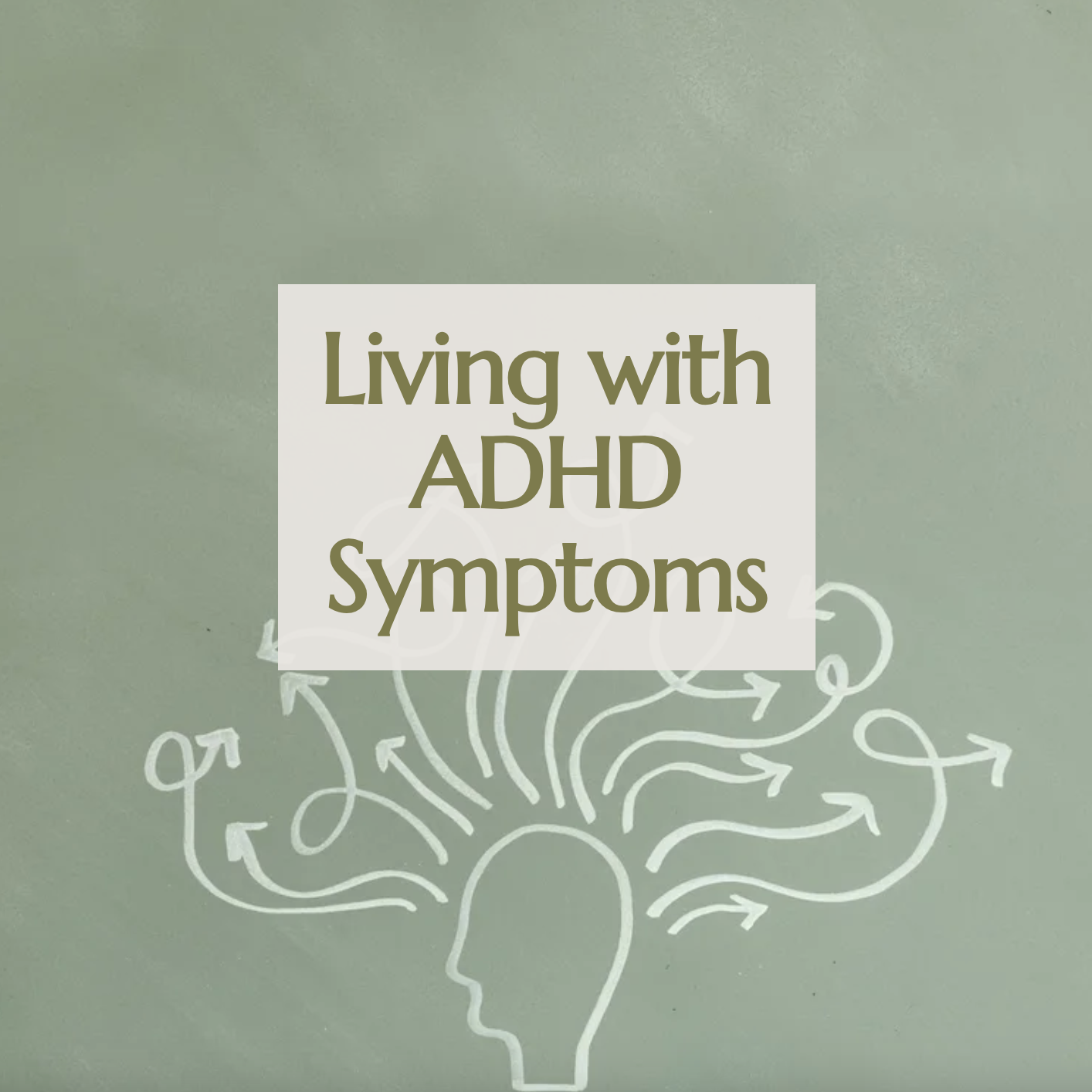
Living with ADHD Symptoms
Living with ADHD doesn’t mean you’re lazy, flakey, or broken—it just means your brain works differently. In this post, I share real-life, practical strategies for cooking, cleaning, and managing daily tasks with ADHD. From using 10-minute timers to prepping meals when motivation strikes, these simple shifts can help you feel more confident, less overwhelmed, and proud of your progress.

Surviving (and Thriving) in Your 20’s
Your 20s can feel overwhelming—career choices, relationships, money, mental health, and constant comparison. In this blog, I share practical advice, self-care strategies, and personal growth lessons to help you survive (and thrive) in your 20s without burning out.

Books That Will Change the Way You See Yourself, Others, and the World
This curated list of self-help and personal growth books has shaped the way I think about relationships, boundaries, and emotional healing. Each book goes beyond inspiration, offering practical tools to build resilience, regulate emotions, and strengthen connections. From Brené Brown’s wisdom on vulnerability to Tara Brach’s teachings on radical acceptance, these books have helped both me and my clients find clarity and confidence. Whether you’re navigating burnout, perfectionism, or people-pleasing, these reads can guide you toward lasting change.
